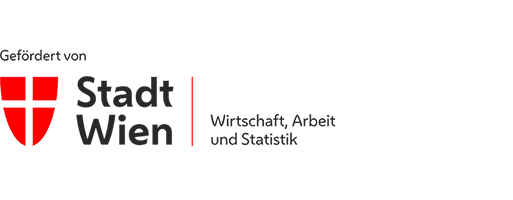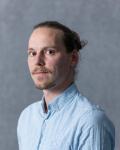ImmunTissue – Macrophage-Based In Vitro Analysis Platform for Biological Implant Testing
Call Name: Research at Vienna’s Universities of Applied Science
In recent years, the lucrative market of implant technology has been increasingly conquered by start-ups and SMEs that want to implement innovative ideas such as regenerative implants from the 3D printer. The field of tissue engineering can contribute not only to the optimization of biomaterials, but also to the development of innovative test systems for the identification of suitable implant materials due to the comprehensive know-how about the interaction of biomaterials, cells and mechanical stimulation. To test implant functionality and safety, cost-intensive and currently also mostly very risky in vivo experiments have to be performed. The risk here consists mainly in unexpected reactions that occur in in vivo experiments after inconspicuous in vitro analysis. Due to the current conditions in in vitro systems (e.g. lack of involvement of the immune system, insufficient testing of expected mechanical stimulation), the transition to in vivo studies often results in product failure. The aim of the project applied for here is the development of an analysis platform by means of which implant materials can be characterized in advance in vitro in a meaningful and cost-effective manner. In addition to the economic aspect, this project also advances the 3Rs strategy “Reduce, Refine, Replace” anchored in EU Directive 2010/63 to reduce and avoid animal testing.
The formation of new tissue after treatment with implants, and thus the success of the treatment, depends not only on the basic properties of the material (e.g. non-toxicity), but above all on the response of the tissue to the implant. What is essential for a successful healing of the implant in vivo is primarily the reaction of cells of the immune system and here especially the switch from inflammation-inducing M1 macrophages to immune-regulating M2 macrophages. In this project, these findings will be taken into account and an in vitro platform will be developed to analyze macrophage polarization induced by implant materials. Mechanical forces that will act on the implant will also be considered. Coupling the analysis platform to artificial 3D tissue cultures (e.g. skeletal muscle tissue, peripheral nerve tissue) already established at UASTW will also enable the tissue-specific assessment of ultimate in vivo implant performance and safety and analysis of the impact of the implant on the regenerative capacity of adult stem cells. In summary, the project proposed here aims to develop a macrophage-based analysis platform for implants and thus enable meaningful, cost-effective and low-risk in vitro testing of innovative implant product ideas in the “medtech” field.


Senior Lecturer/Researcher
Team
Project Manager:
- Hercher David
Project-Staff:
- Hermann Lukas (Student Employee)
- Hromada Carina (Junior Researcher)
- Teuschl-Woller Andreas (Project-Manager until 31.8.2023)